Blog
Education Justice Victories That Give Us Hope for 2024
Philanthropy
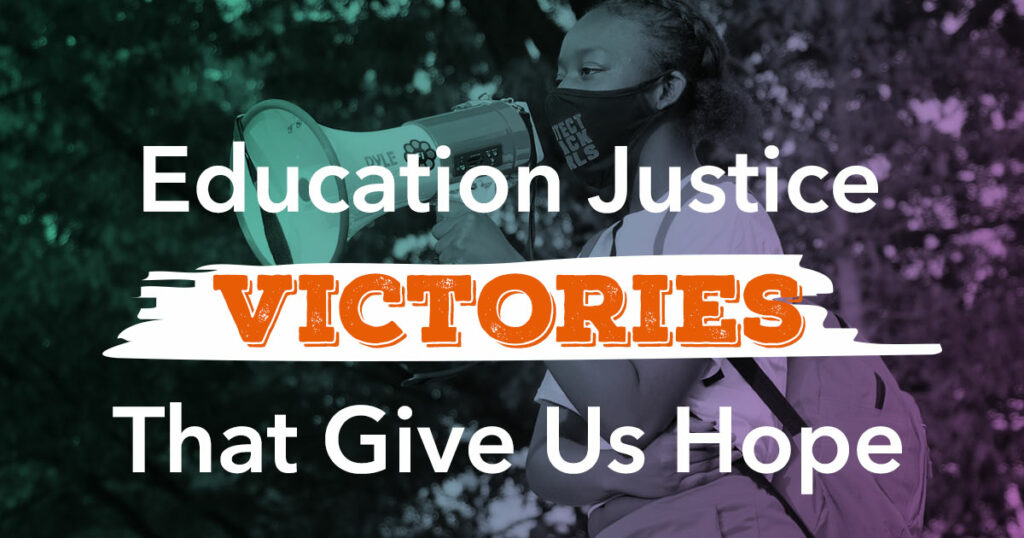
Education and racial justice advocates continued to organize in 2023, and despite attacks from the far right, victories were won in states and communities across the country, from Connecticut and Illinois to California and Texas. Here are some of the victories from the past year that give us hope for 2024!
Communities Push Back Against the Far Right at the Ballot Box
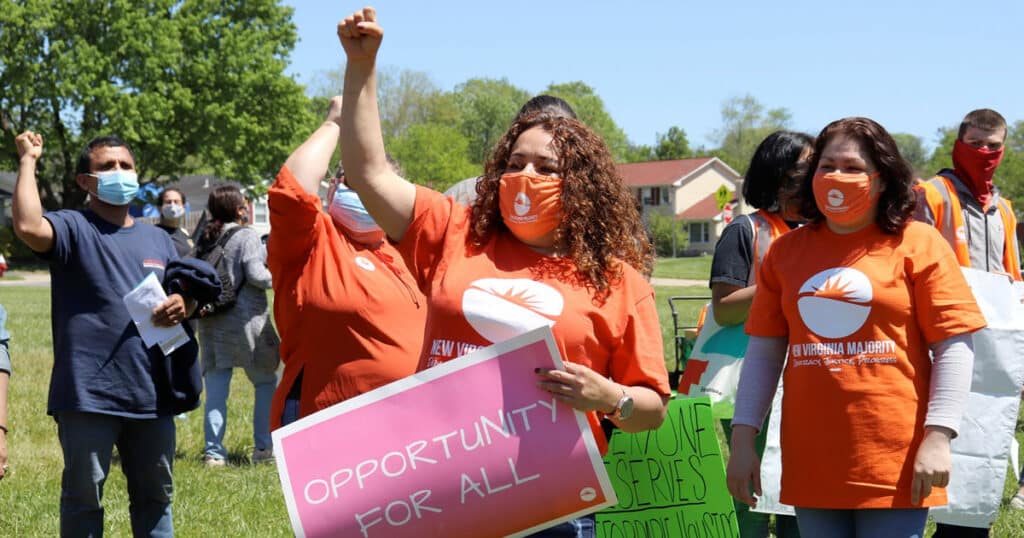
November’s school board elections were a watershed moment. They reveal the strong support for inclusive and accurate public education in communities across the country. Local school board candidates who support honest and anti-racist public education earned the trust and support of public school communities.
Our grantee partners have been leading the important grassroots organizing and community power-building that led to these outcomes. Just one example: Hearing Youth Voices launched an extensive get out the vote campaign to increase voter education and registration in Connecticut.
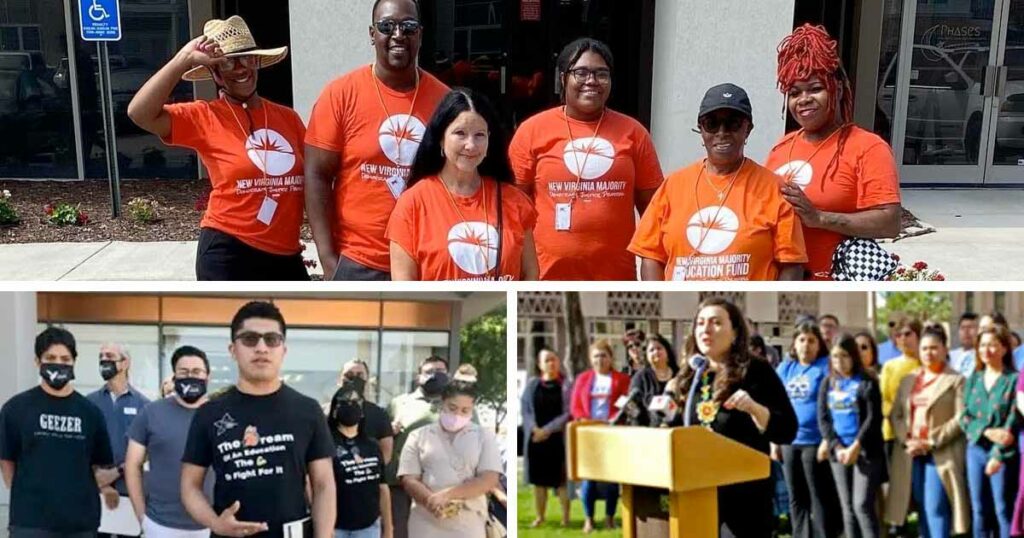
Thanks to Pressure from the Grassroots, Policymakers are Banning Book Bans
In the face of whitewashed curriculums and the state censorship of books in schools and libraries, students, parents, and educators are pushing back. Schott grantee partners across the country, including those in the HEAL Together initiative, are building a movement for honest, accurate, and fully-funded public education, and they’re already notching victories. Policymakers at the state and city level are passing bills to halt and prevent such book bans. In September, California enacted a bill that would levy fines on districts that enacted book bans over racial and gender topics. In the same month, Hoboken, New Jersey, declared itself a “book sanctuary” city.
Counselors Not Cops Legislation Proposed at the State and Federal Level
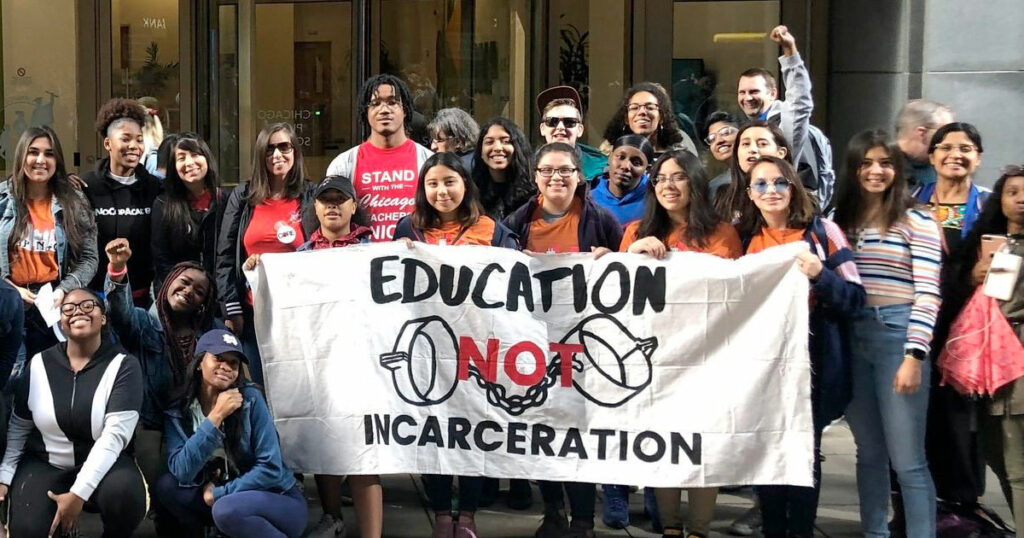
Senator Chris Murphy and Representative Ayanna Pressley have taken a significant step toward dismantling the school-to-prison pipeline at the state and federal level by reintroducing the Counseling Not Criminalization in Schools Act. This bicameral legislation would seek to prohibit the use of federal funds for maintaining a police presence in schools. Instead, the Act allocates $5 billion in new grant funding to empower schools to hire more counselors, social workers, and other mental and behavioral health personnel. Schott grantee partners like Dignity in Schools Campaign and the Connecticut Black and Brown Student Union have played a pivotal role in advocating for policy changes that align with the goals of the Counseling Not Criminalization in Schools Act at both the state and federal level. Read more about this proposal here.
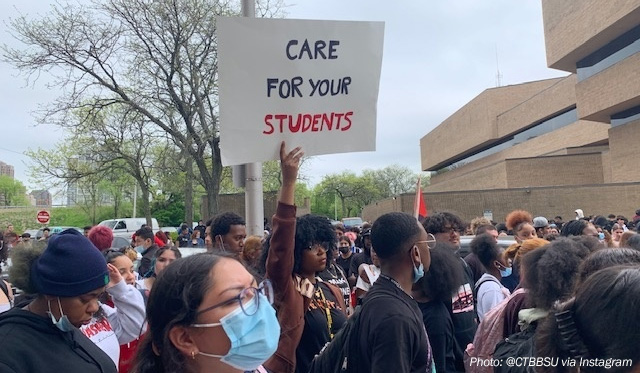
A Big Win for Mental Health, School Climate, and Funding in Connecticut
This year, SB 1, the Transparency in Education Act, was passed in Connecticut. This landmark bill addresses various facets of education, including the expansion of mental health and extra curricular programs, a heightened focus on improving school climate, and alterations to the tracking mechanisms for school funding allocation. Schott grantee partner the Connecticut Black and Brown Student Union was heavily involved in the bill’s passage. SB 1 also includes measures aimed at enhancing teacher recruitment and promoting diversity within the educational workforce. Read more about this victory here.
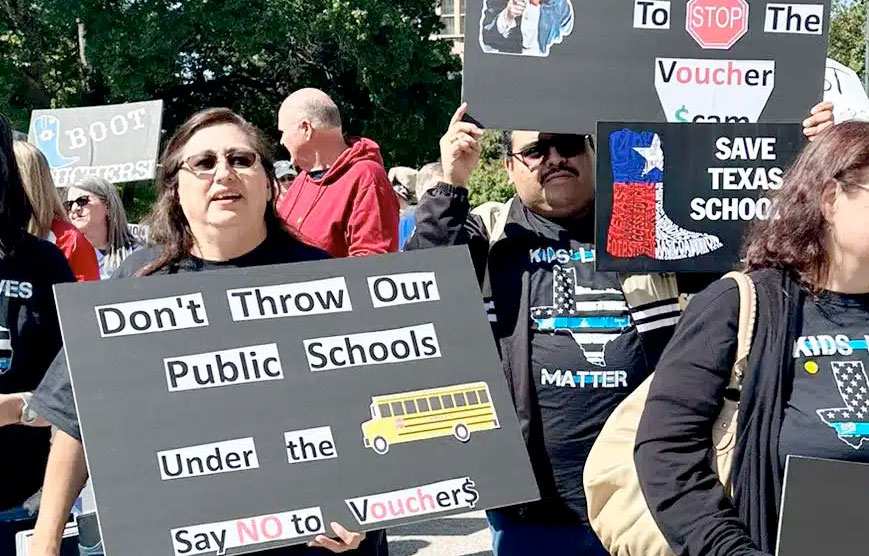
Voucher Legislation is Halted in Texas
In a significant loss for privatization advocates, the Texas House of Representatives voted last month to remove a voucher provision from the latest education funding bill. Progressive and rural conservative lawmakers and advocates came together to oppose the voucher measure, which would have likely sent hundreds of millions of dollars to private schools. Texas has the second-most public school students in the country at 5.5 million, eclipsed only by California.
Expanding Juvenile Justice with the Raise the Age Campaign
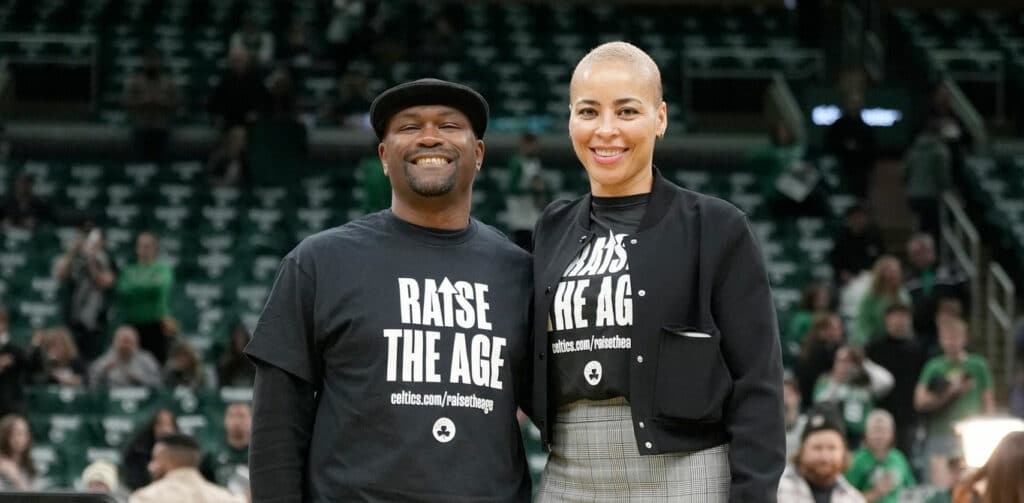
Schott grantee partner Citizens for Juvenile Justice (CfJJ) has been actively involved in the advocacy push for An Act to Promote Public Safety and Better Outcomes for Young Adults (HD.3510/ SD.428) in the Massachusetts legislature. This legislation aims to restructure the juvenile justice system to include individuals aged 18 to 20. The goal is to prevent long-term involvement in the criminal justice system through mental health treatment, education, and vocational training. The proposed bill recognizes the unique needs of this age group and seeks to provide more appropriate, rehabilitative, and restorative pathways. Read more about this bill here.
Willful Defiance Law Passed in California
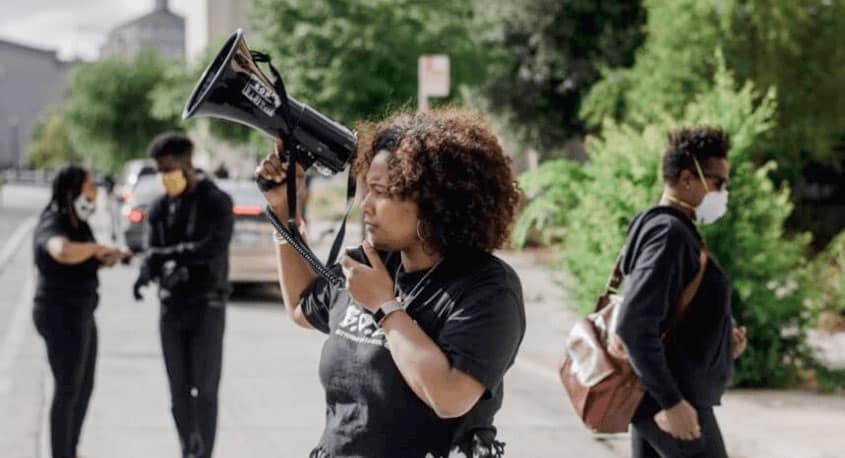
The recent signing of Senate Bill 274 by Governor Gavin Newsom marked a significant stride in California’s education policy by putting an end to suspensions for “willful defiance” for middle and high school students, along with suspensions and expulsions related to tardiness or truancy. This legislative victory was achieved with the active involvement of Schott grantee partners, including DSC California (Dignity in Schools Campaign California) and Californians for Justice. Advocates, including these organizations, have long argued against the disproportionate impact of “willful defiance” suspensions on students of color. Read more about this victory here.
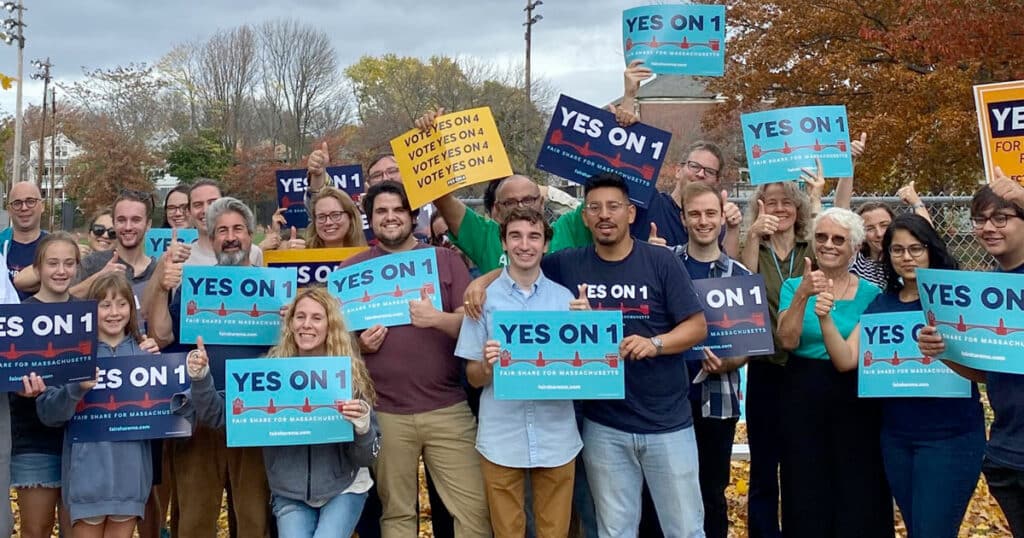
Massachusetts Begins to Implement and Monitor the Fair Share Amendment
Schott grantee partners, including the Massachusetts Budget and Policy Center (MassBudget), the Massachusetts Community Action Network (MCAN), and the Massachusetts Voter Table, have been actively engaged in the ongoing monitoring of the Fair Share Amendment’s implementation in the state. Passed by voters in 2022, this amendment should generate approximately $2 billion annually in support for transportation and public education. The revenue will be derived from a statewide “millionaire’s tax.” Our partners have provided continuous analysis and insights to policymakers to ensure that these new resources are allocated fairly and effectively. Read more about this effort here.
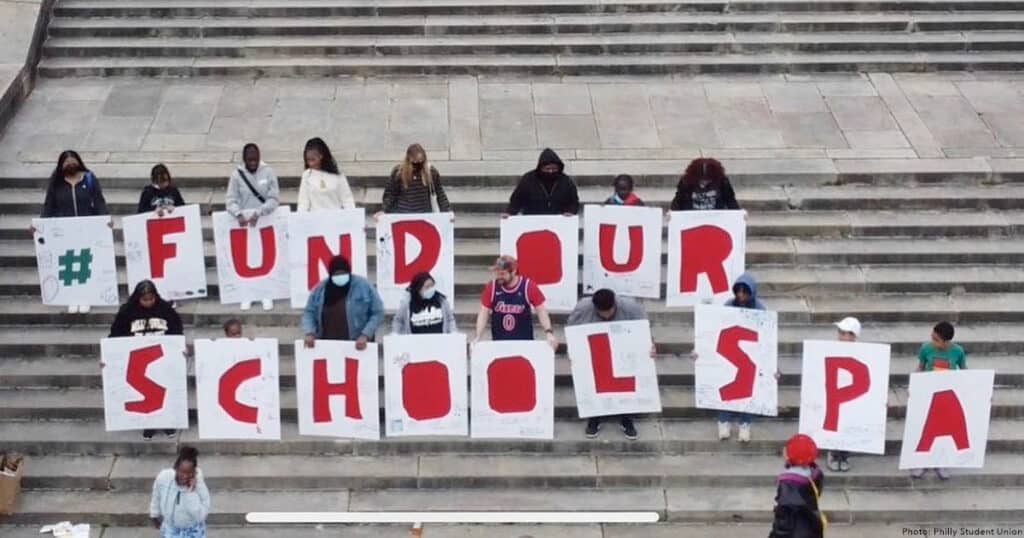
A Historic Victory for Pennsylvania School Funding
This February, we saw a landmark victory in Pennsylvania. The Pennsylvania Supreme Court issued a ruling that’s been years in the making, addressing a system that allocates far less to lower-income districts while lawmakers have historically refused to properly close the spending gap with statewide funds. The Court affirmed what communities have long known: the funding model Pennsylvania uses is fundamentally — and unconstitutionally — unfair. This decision ordered the legislature to fix this funding system to make it meet constitutional muster and, if implemented by the state, will improve the life of every student across the commonwealth. Education justice organizations like Schott grantee the Alliance to Reclaim our Schools and One Pennsylvania have been at the forefront of this advocacy campaign for years. Read more about this victory here.
Girls for Gender Equity Launches National Policy Agenda for Black Girls
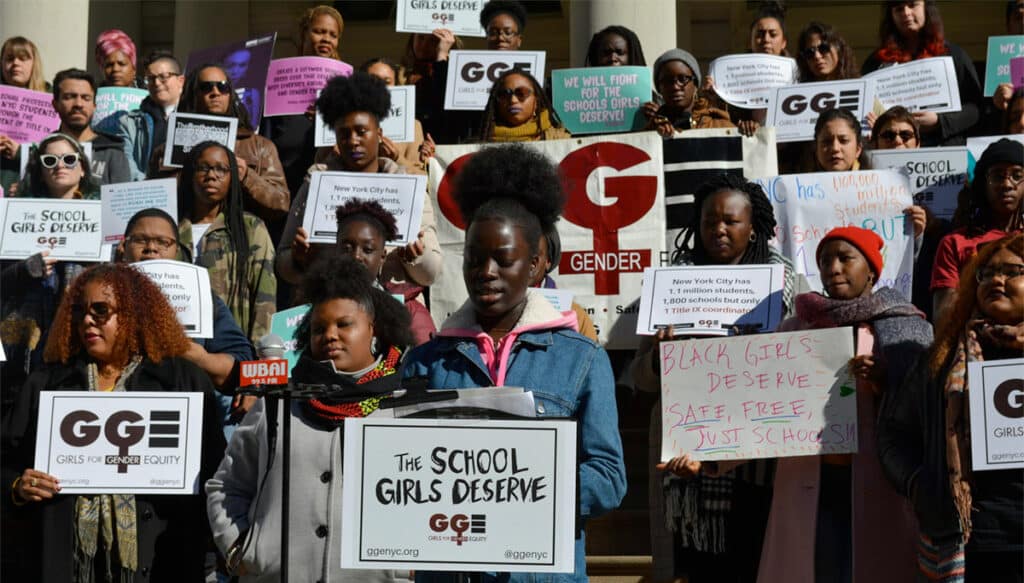
Girls for Gender Equity (GGE), a longtime Schott grantee partner, launched their National Agenda for Black Girls this year. The agenda underscores the resilience and brilliance of Black girls despite facing deep structural violence across the United States. The agenda will serve as an advocacy tool committed to working alongside Black girls to dismantle these structures of marginalization and violence in order to foster a more equitable and just society. It advocates for four elements, including ending school pushout and promoting education equity, disrupting the criminalization of black youth and families, extending opportunities for gender and survivorship justice, and securing overall reproductive justice. Read more about the agenda here.
Indian Education Act is Implemented in California
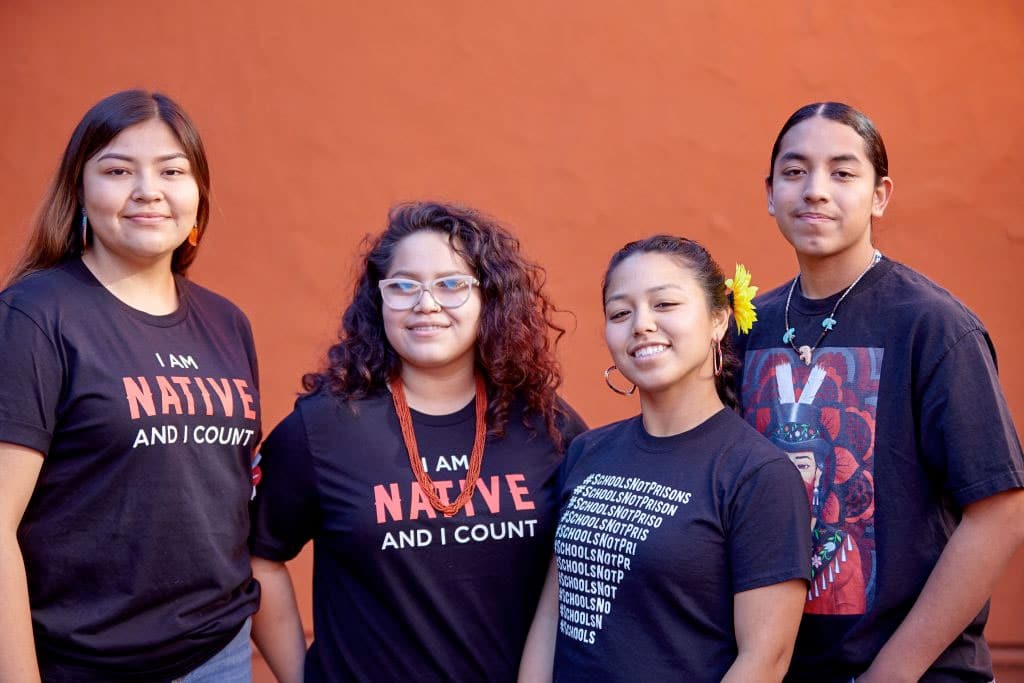
The journey of legislation AB 1703, The CA Indian Education Act, has been a long and persistent one, reflecting the dedication of Native justice advocates, including Schott grantee partner California Native Vote Project. While this legislation may not encompass all the aspirations of Native justice advocates, it represents a significant step in the right direction. Achieving meaningful change often requires incremental progress, and AB 1703 acknowledges the importance of incorporating local California Native American history into classrooms.
The bill’s passage is a testament to the collective efforts of advocates, legislators, and community members who recognize the necessity of addressing gaps in education regarding Native American history and culture. This legislation seeks to teach local California Native American history in classrooms, fostering belonging and dignity for Native students while enhancing the overall knowledge of the state’s history. Despite its limitations, AB 1703 lays the groundwork for increased awareness, understanding, and respect for the experiences of California’s First People. Read more about this legislation here.
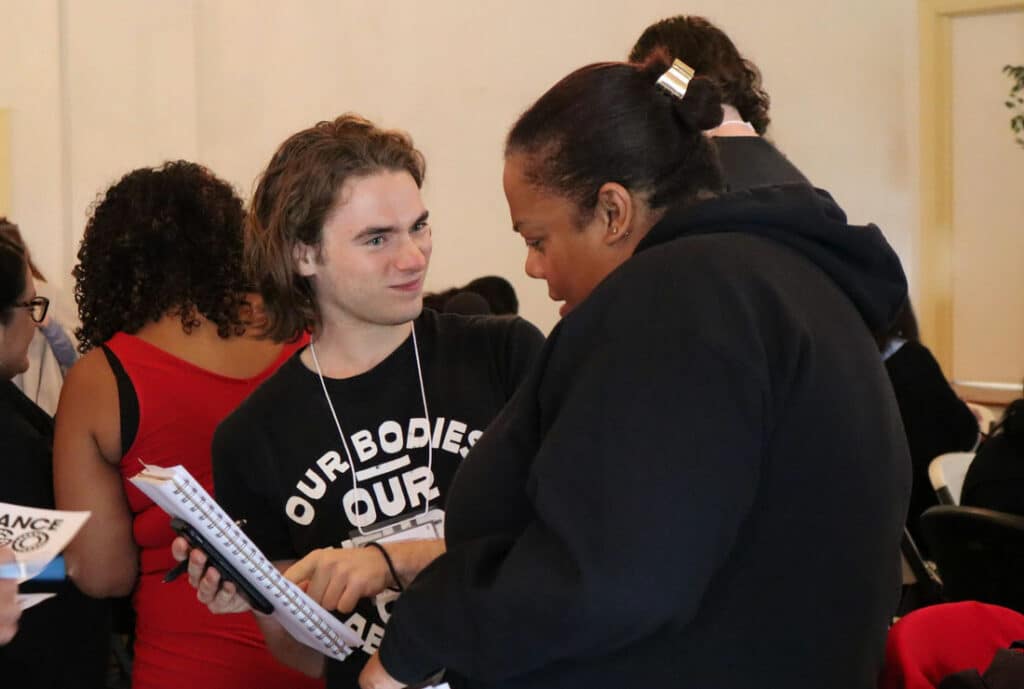
HEAL Together Hosts first Public Education Organizing Summit in Whitakers, North Carolina
In October, the HEAL Together Initiative hosted a groundbreaking Public Education Justice Organizing Summit in Whitakers, North Carolina, bringing together over 170 organizers and leaders from pro-public education and pro-democracy movements across 26 states. In collaboration with the NEA Strategic Campaign Institute, AFT Powerful Partnerships Institute, and the Alliance to Reclaim Our Schools, the summit facilitated deep engagement between movement leaders, connection-building, strategy sessions, and knowledge sharing over three days. Through the summit, participants launched initiatives like Public School Strong Tennessee and started preparations for launches in Ohio and Florida. The summit also saw the formation of a national committee for honest education comprising representatives from HEAL, AROS, NEA, and AFT. Learn more about the initiative here.
Illinois Becomes the First State to Roll Back an Existing Voucher Program
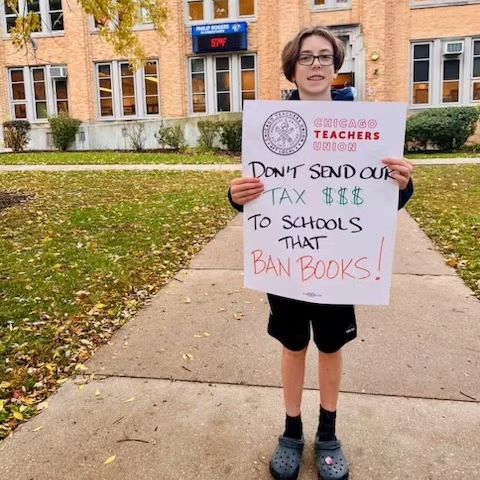
Illinois’ state school voucher program will sunset January 1, 2024. Illinois will become the first state legislature in the US to roll back an existing voucher program. The current program, first passed in 2017, was a complex tax credit system that ultimately diverted over $250 million in tax revenue away from public schools. Schott grantee partners — including the Journey for Justice Alliance, Kenwood-Oakland Community Organization, Brighton Park Neighborhood Council, and Logan Square Neighborhood Council — have worked alongside coalition advocates and educators to highlight the ways voucher schemes fail students, parents, and communities. In place of vouchers, education justice organizers are pushing policymakers to invest in sustainable community schools, with wraparound supports and rooted in local neighborhoods.
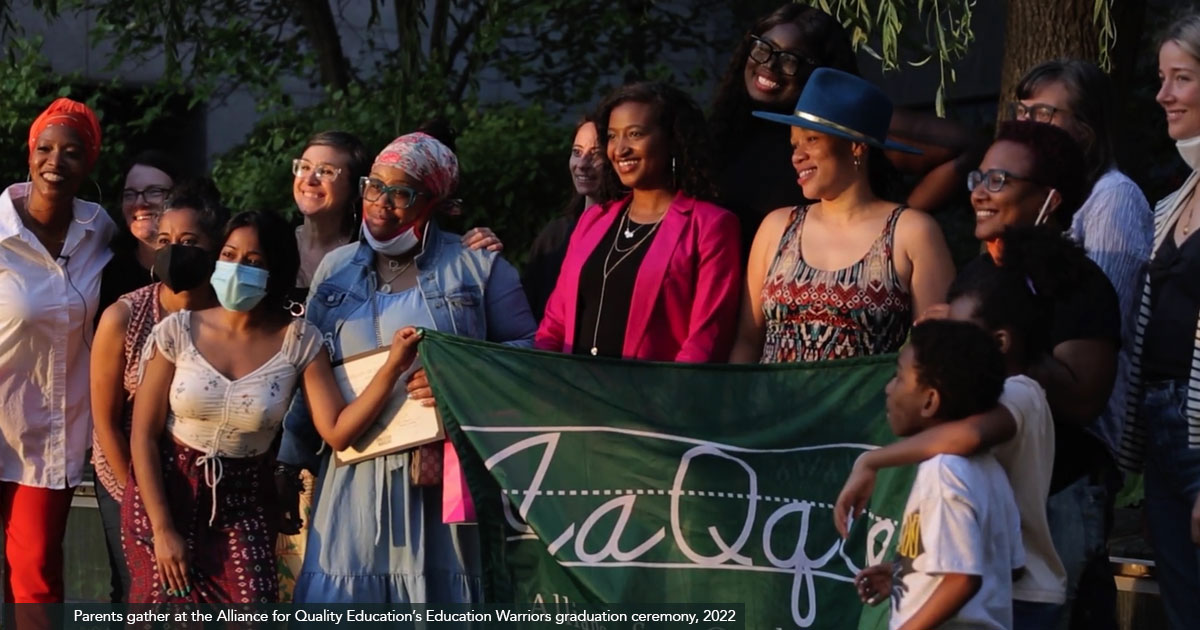
New York Education Justice Groups Continue to Push Back Against Budget Cuts in New York State
The Alliance for Quality Education (AQE), a longstanding Schott grantee partner, has been at the forefront of pushing back against ongoing public school budget cuts and charter expansion in New York State. The cuts have been proposed by Governor Kathy Hochul and Mayor Eric Adams. They’ve been Instrumental in the sustained campaign for fiscal equity, and AQE has played a pivotal role in advocating for New York State to fully fund 100 percent of the Foundation Aid Formula in New York state. Furthermore, AQE has been actively engaged in advocating for the reinstatement of the “zombie charter” cap on New York State charter schools. AQE continued to champion access to quality public education for all students in the state this year. Read more about their efforts here.
Georgia Grassroots Defeats Sweeping Voucher Bill
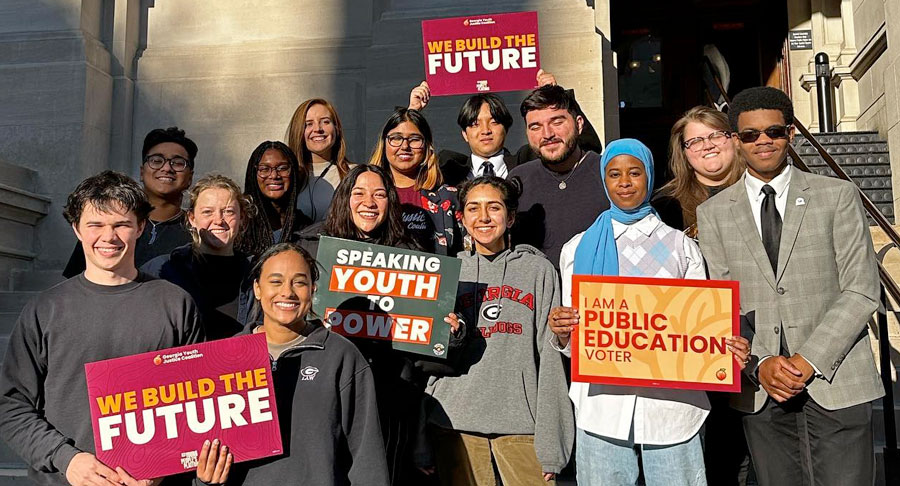
Youth, educators and school leaders engaged in a dynamic campaign to defeat a massive voucher proposal working its way through the Georgia legislature.
Schott HEAL grantee partner Georgia Youth Justice Coalition was on the front lines, led by Black and brown students organizing across the city-rural divide, uniting communities to tell lawmakers to reject a voucher bill that would have drained $200 million from rural and low-income districts. Using grassroots methods of leadership building, mass outreach and mobilization, GYJC has built a multiracial movement with presences in counties long thought unorganizable. Victories in the conservative-dominated state legislature show that the strategy is paying off.
In a moment where young people feel disillusioned by democracy, these young Georgians are practicing democracy before they’re even old enough to vote.


